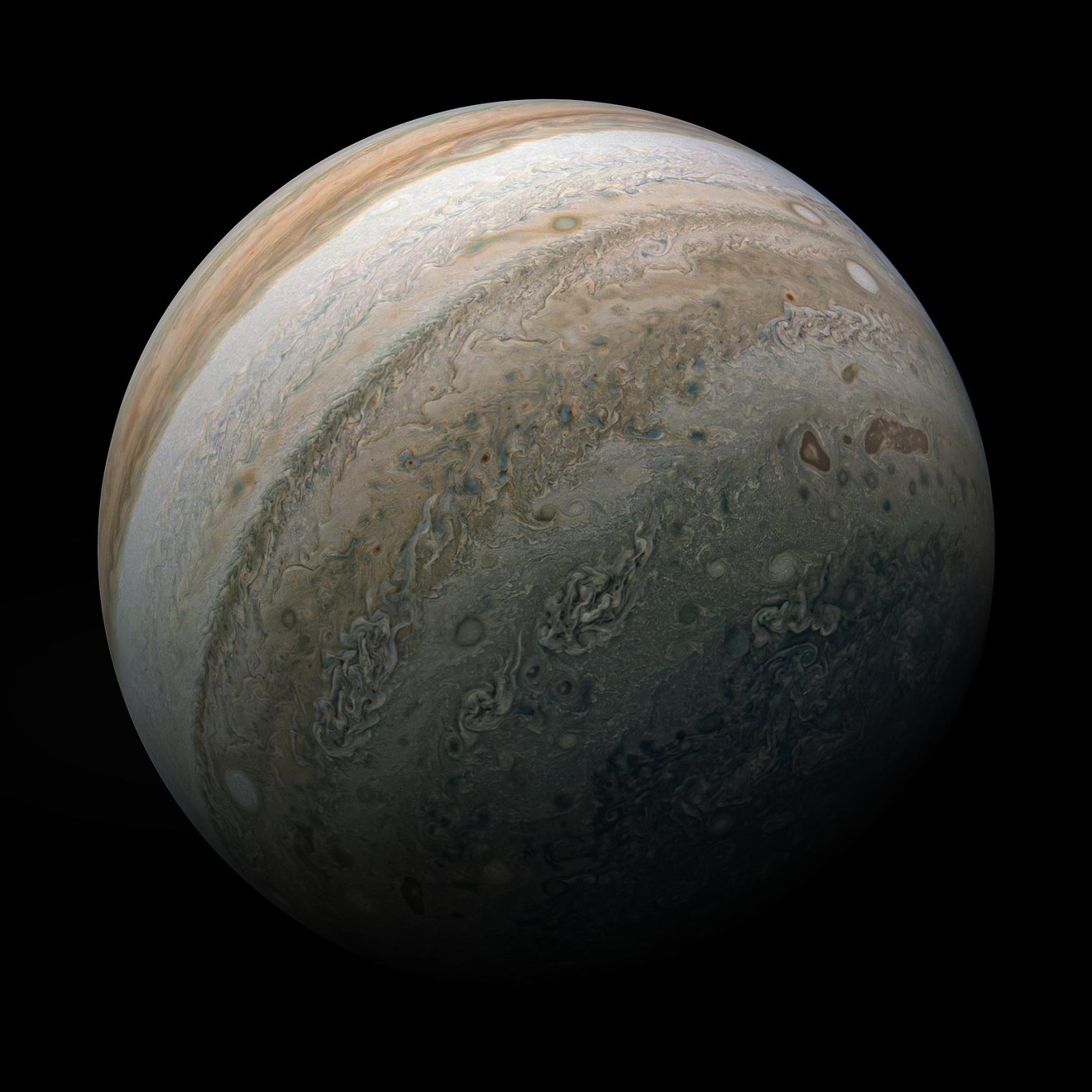If Jupiter’s orbit changes, more of Earth’s surface could host life: Study

The orbit of Jupiter, the largest planet in our solar system, has a key role to play in Earth's habitability. A new study shows that if the giant planet's orbit changes, more of Earth's surface could host life.
Most planets have "eccentric" or oval-shaped orbits around their stars. When the planet gets closer to its star, it receives more heat, affecting the climate. A team of researchers at UC Riverside found that if Jupiter's orbit were to become more eccentric, it would in turn induce big changes in the shape of Earth's orbit.
"If Jupiter's position remained the same, but the shape of its orbit changed, it could actually increase this planet's habitability," Pam Vervoort, UCR Earth and planetary scientist and lead study author, said in a statement.
According to the researchers, If Jupiter pushed Earth's orbit to become more eccentric, parts of our planet would sometimes get closer to the sun. Parts of the Earth's surface that are now sub-freezing would get warmer, increasing temperatures in the habitable range.
The team's finding upends two long-held scientific assumptions about our solar system - Earth is the epitome of a habitable planet and that any change in Jupiter's orbit could only be bad for Earth.
Besides a planet's orbit, additional factors such as the degree to which a planet is tilted toward or away from a star could affect habitability. The part of the planet tilted away from the star would get less energy, making it colder.
The team also found that if Jupiter were positioned much closer to the sun, it would induce extreme tilting on Earth, which would make large sections of the latter's surface sub-freezing.
It's important to understand the impact that Jupiter has had on Earth's climate through time, how its effect on our orbit has changed us in the past, and how it might change us once again in the future," Stephen Kane, UCR astrophysicist and study co-author.










